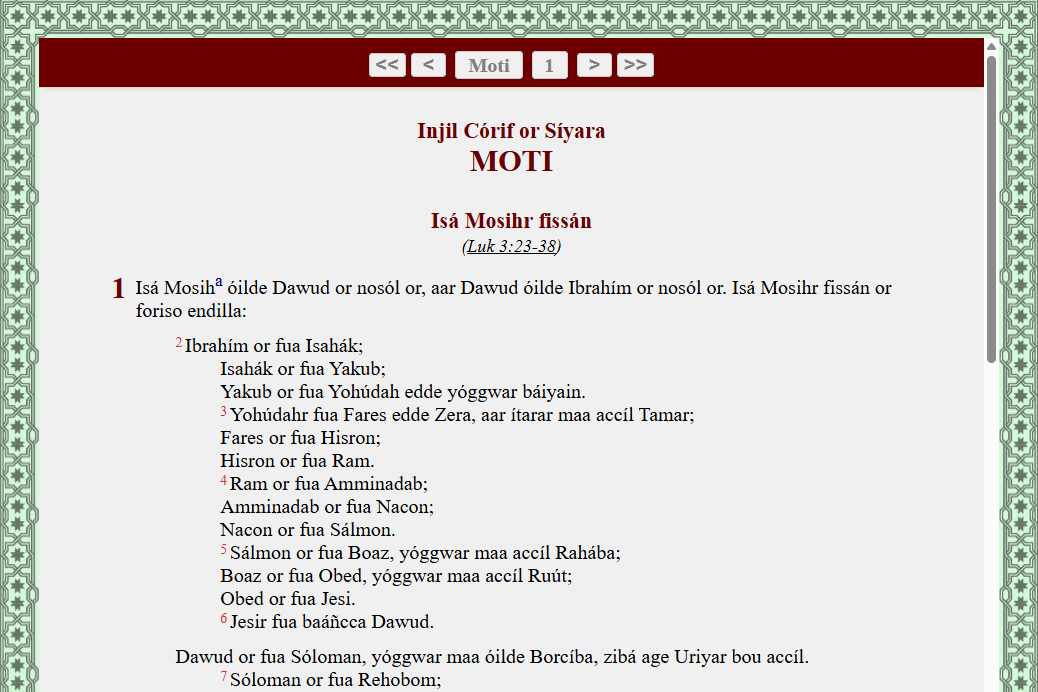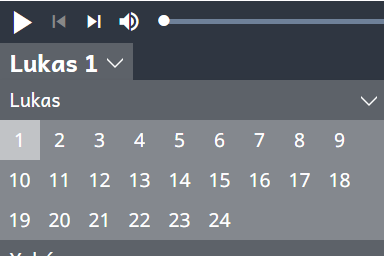This website has been created as a special resource for both Rohingya and non-Rohingya people to easily access the Rohingya translation of the Word of God.
It offers features for reading and listening to the Rohingya Bible, learning Rohingya literacy, enjoying Gospel songs, and exploring many other helpful resources
Verse of the day
aró, tuáñra alcíya no óiyo, bólke uitarár nomunaye solo zetará imane edde sobóre Allar waada goijjá jiníc or mirasdár óiye.
Hebrews 6:12




